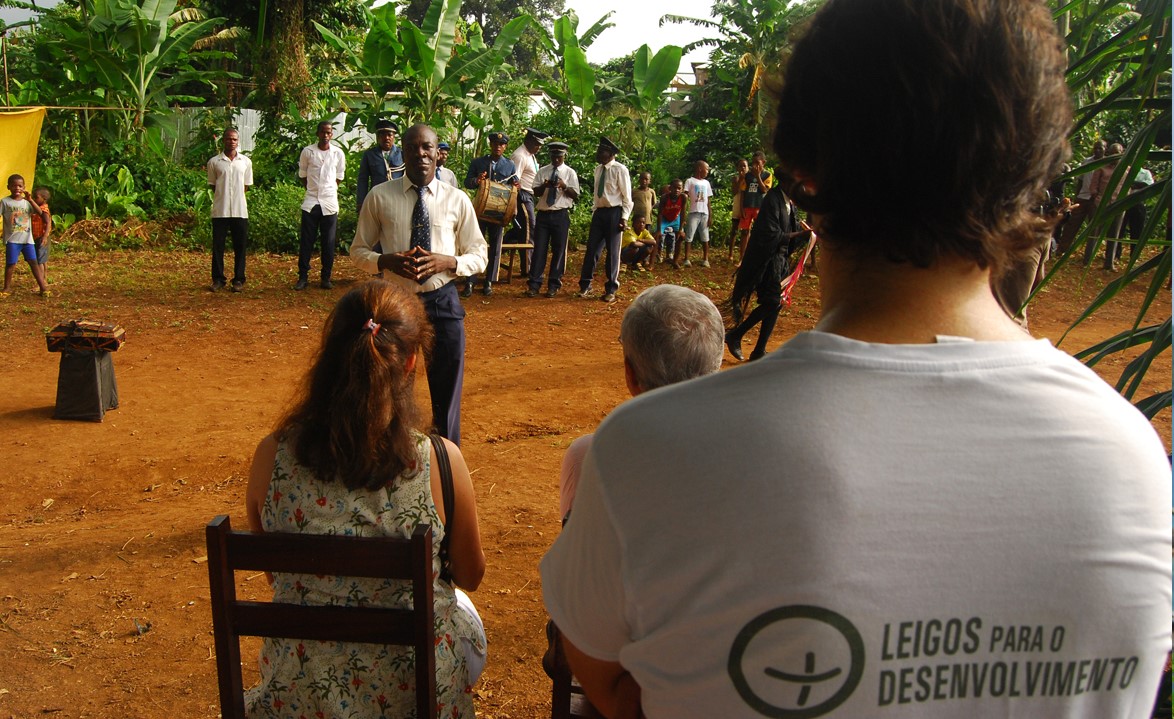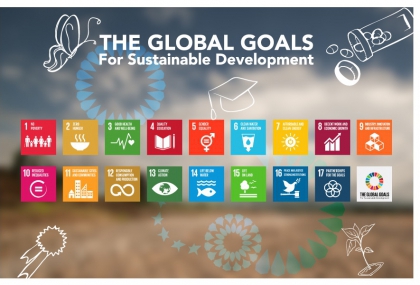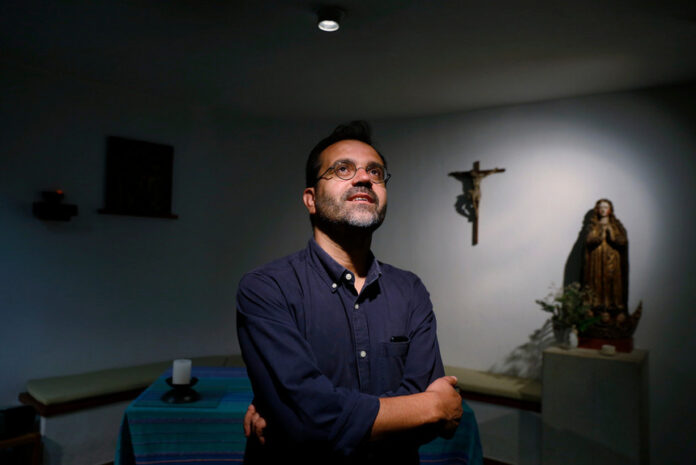In an effort to reflect on the life, policies and practices of the European Union, JESC presents a set of interviews with the Social Delegates from provinces all over Europe. We invite you to read the interview with Fernando Ribeiro SJ, Social Delegate of the Jesuit Portuguese Province and Coordinator of the Social Apostolate Commission.
1. Tell us a little bit about yourself.
I am 49 years old. I was born in Ribeirão, V.N. de Famalicão, and I entered the Society in 2004, when I was 33 years old. The entry in the Society is deeply marked by the Spiritual Exercises of Saint Ignatius and, later, by my own experiences, in Angola with the NGO Leigos para o Desenvolvimento (LD), by a volunteering in L’Arche, in Brussels, and by the work that I later did in Cáritas Diocesana da Guarda.
2. Can you give us a brief description of your professional background and current work?
I studied agricultural engineering before joining the Society and I worked for some time in Rural Development Associations. I spent two years in Angola as a volunteer through the NGO LD, and then in Portugal I worked for another two years at Caritas. Already in the Society, I studied philosophy in Braga, and theology in Rome and Madrid. During my studies of Moral Theology I did, at the same time, a master’s degree in International Migrations at Comillas Pontifical University. At the moment I live in Évora, where I am the director of the University Pastoral of the Archdiocese. Besides this mission, I am professor in the Superior Institute of Theology of Évora, spiritual assistant of the NGO Leigos para o Desenvolvimento and the coordinator of the Social Apostolate of the Society of Jesus. At the same time, I am doing a PhD in Sociology here at the University of Évora.

3. What led you to work with the most vulnerable and marginalized?
I mostly work with university students, although they also have many vulnerabilities. But, as I said above, my life in recent years, before I joined the Society, had a lot to do with working with more vulnerable and marginalized people.
What led me to this work? I could say: coincidence, encounters, the will of God that has been manifesting itself I don’t know very well how, certainly through that which gives me the mission and some personal appetite. Things were not calculated, neither are they being now. It is true that I have always felt within me a call and a desire to be close and help the most vulnerable.
Somehow it was the EE experience that ignited this desire in me. And it has to do with the challenge that the ES pose to us: “what have I done for Christ, what am I doing for Christ, what must I do for Christ”.
4. Can you share a significant/transformative experience you have lived or learned by working with the most vulnerable?
As a Jesuit, still in the novitiate, my apostolate was to visit a home for young people who had been taken from their parents. Later, and during my theology studies in Rome, my apostolate was with L’Arca. In Madrid, my apostolates were with Fe y Luz (with disabled families and young people) and Volpa (Volunteer Group for developing countries). Now in Évora I am still connected with a Fe e Luz group and with a small group we visited a Temporary Shelter where homeless people live.
5. Recently you were appointed Coordinator and Delegate of the Social Apostolate in Portugal. What are the challenges that you consider the most priority and urgent to face?
My appointment is recent and the COVID restrictions have not helped me to get to know better the institutions and the work that is done there. However, I can say that these institutions work daily to respond to various social problems, such as: migrants, poverty in social neighbourhoods, homelessness, prisoners, development in Portugal and Africa, education for citizenship, ecology, etc.
Besides those great challenges such as migrations and ecological problems, there is a third element that we must be aware of: the poverty and unemployment generated by this pandemic.
6. What do you have to say about your new appointment, what projects do you want to accomplish in this new role?
It must be said that each of the institutions that constitute CAS is autonomous. As I was saying, they do a very good work, which must be consolidated. It is mainly up to me to unite and promote the good initiatives that are already being done. In this sense it is important to continue to focus on the following areas: training the institutions’ collaborators; promoting dialogue; knowledge and collaboration between the various institutions; raise awareness of the work we do; and, finally, having a more intervening “voice” in public opinion on social issues.
7. How can faith-based organizations advocate, raise awareness, and serve as an agent of change for the most vulnerable in an increasingly challenging world?
I would say that it is an imperative. It is an integral part of our mission, to help and to strive to build a more just and peaceful world. We have the message and the mission. I think it is important, in many cases, to join forces and make your voice more audible and your action more visible.
8. How do you see and how do you want the future to be?
I see, in the future, a slightly better world. I think that has been the trend over the last centuries. You realise that there is an increased global consciousness for the rights and duties towards each other. But note that new forms of injustice always arise. Globalization, technology, social networks, ecological disasters, etc. bring new challenges and new forms of injustice. Sin is a reality present in personal and social life. Selfishness, narcissism, vanity, desire for honor and recognition, haughtiness, pride, are realities that continue and will continue to be present in human life. I wish and we all wish that the future will always be better.
I wish for a more just world, a world where there is no hunger, no wars, no destructive social inequalities. I wish for a society where the Human Rights Charter is really put into practice and where the New Sustainable Development Goals become a reality.
Thank you very much for providing us all with a very valuable insight, and thank you for accepting our invitation to participate in this interview.
Interview by Soraia Ribeiro
JESC Communications Officer
Read the interviews to other Social Delegates here


